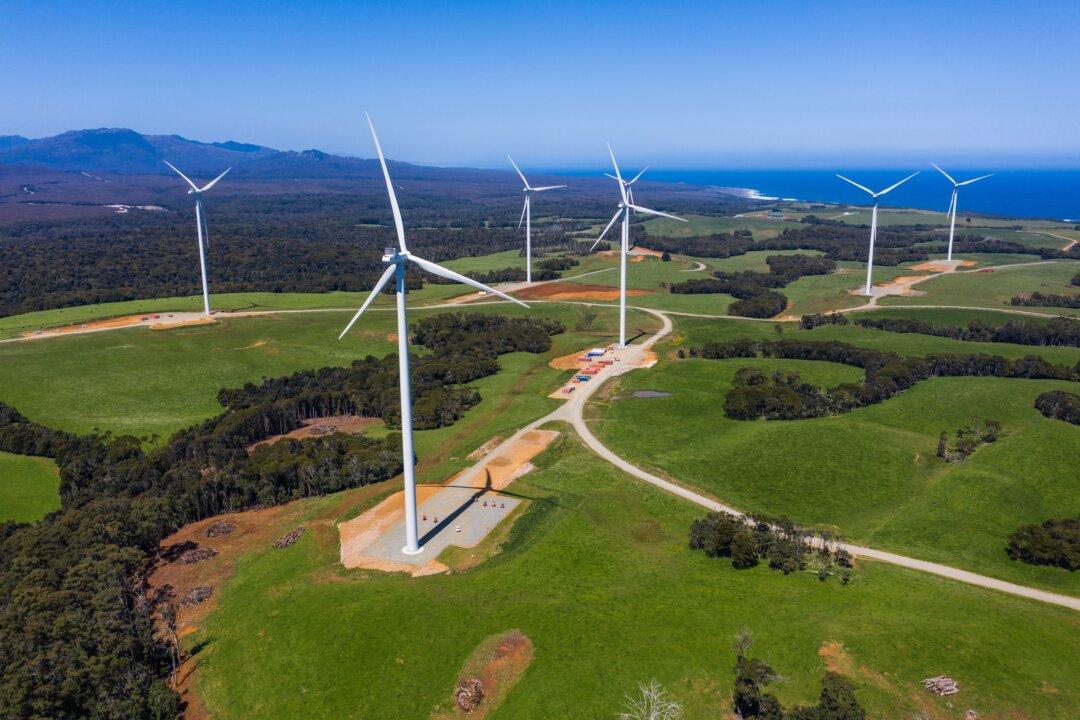Australia’s carbon credit trading scheme, oft-accused of harbouring businesses attempting to circumvent environmental obligations, has been given the tick of approval by an independent review.
A six-month review led by scientist Ian Chubb, as well as three other leading scientists, said the scheme had been working effectively after 11 years of operation.





